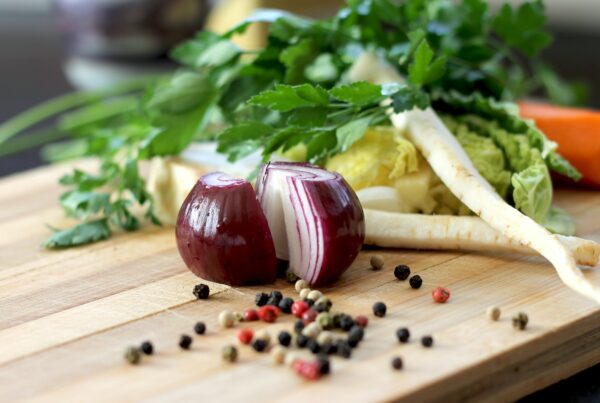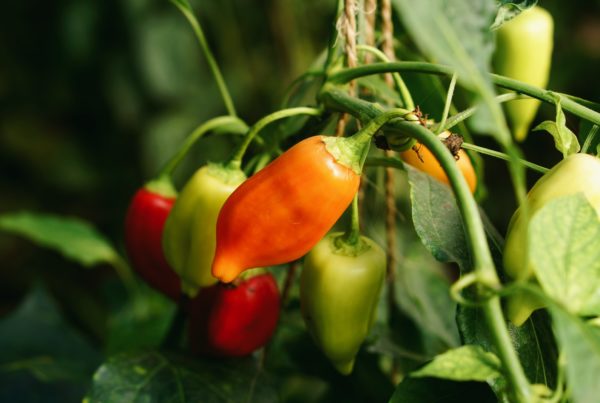In this Christmas season, thoughts turn to special foods and gatherings of friends and family. Peru, where Albino is from and where I’ve made my home, is no different. It isn’t a Christmas celebration in Peru until panettone and hot chocolate are served. This is true for every family, rich or poor.
It’s not a specific food or tradition that speaks to me, however, but my mother-in-law’s everyday practice. Where food is concerned, she always prepares extra for the unexpected person that arrives at her door. If no one shows, someone is blessed by her efforts. When her guests are unable to come, for whatever reason, she makes sure they receive their portion.
There are many passages in Scripture that reference hospitality. The Old Testament is replete with pictures of the Bedouin culture’s hospitality, providing for the weary traveler that passes through camp. First Peter 4:9 specifically exhorts the believer to “be hospitable.” Hebrews 13:2 commands Christians to “show hospitality to strangers,” for angels have been known to be entertained, a reference to Genesis 18.
My mother-in-law exemplifies these Scriptures. She is my inspiration for what it means to “practice hospitality.”
May you enjoy this recipe for hot chocolate, and may it help you, too, practice hospitality.
Featured recipe
Creamy Peruvian Hot Chocolate
Ingredients
- 10-12 oz. chocolate chunks or chocolate bar, in pieces
- 14 oz. sweetened condensed milk
- 1-2 Tbsp. cocoa powder (to taste)
- 1/2 – 1 cup sugar (to taste)
- 1 cup boiling water
Instructions
- Melt chocolate and sweetened condensed milk together in a saucepan.
- Stir in cocoa and sugar.
- Pour boiling water into the mix. Stir to fully incorporate.
- Carefully pour or ladle into mugs to serve.
This recipe and reflection comes from RCA Global Mission missionaries as they share Christmas traditions from around the world. Enjoy these other holiday flavors and traditions:
- Toffee Bars — Lebanon
- Riz au Gras (Jollof Rice) — Niger
- Christmas Chile — New Mexico
- Gallina con Relleno — Nicaragua
- Pizza Dough — Canada
Sandra Rodriguez
Sandy and her husband Albino are RCA missionaries in Cusco, Peru, where they lead an organization called La Casa del Maestro. La Casa del Maestro prepares indigenous youth in Cusco to face the challenges of modern city life by empowering them with vocational training, equipping them with biblical truth, and helping them discern their calling in the world.



